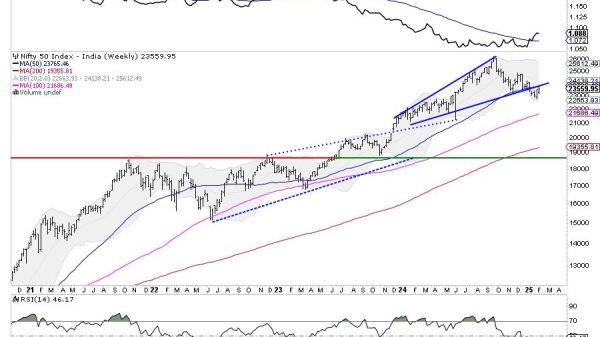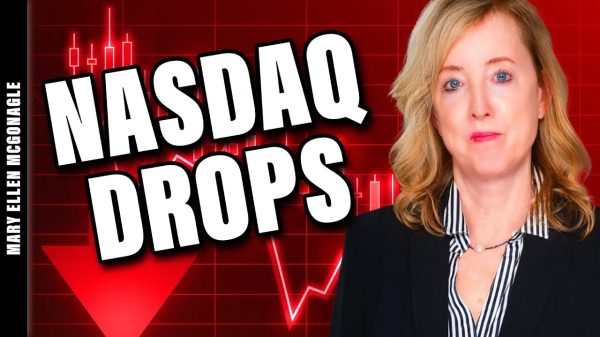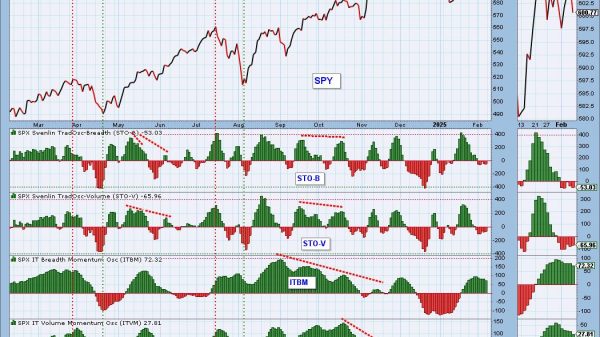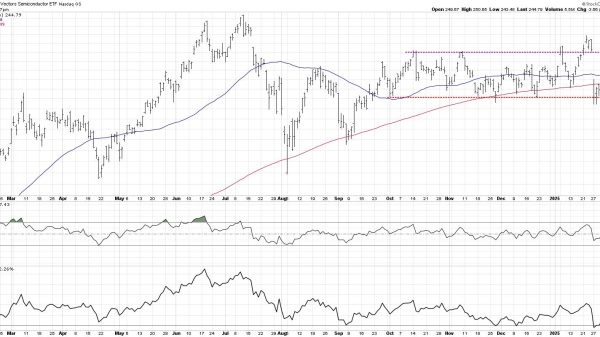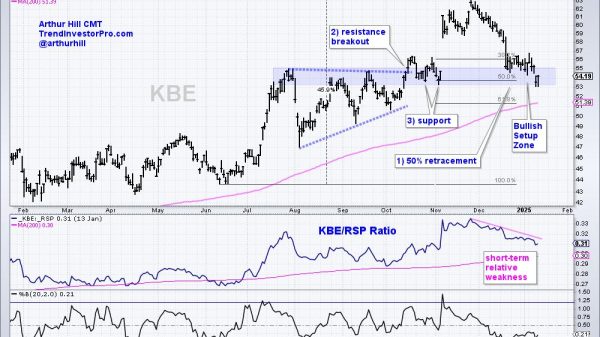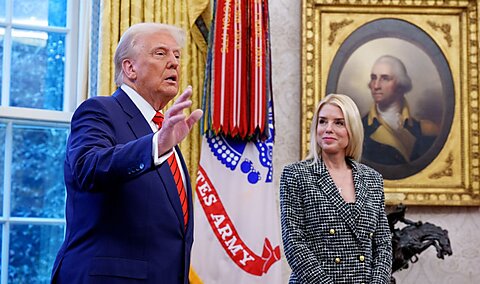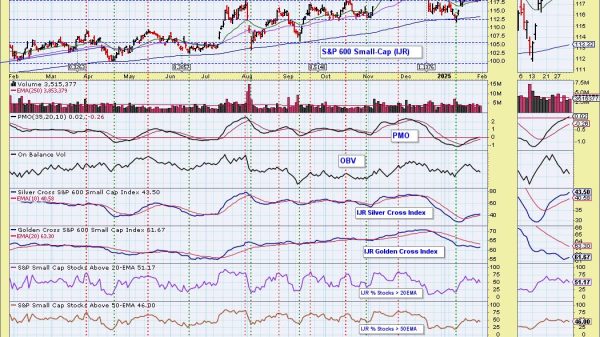
In a dramatic departure from its traditional focus on calorie counting and group weigh-ins, WeightWatchers has announced a new strategic partnership in the UK with CheqUp, a provider of GLP-1 weight-loss medications such as Wegovy and Mounjaro.
The move marks a major shift for the iconic brand, which is now aligning itself with the booming market for anti-obesity injections.
The partnership comes just weeks after WeightWatchers filed for Chapter 11 bankruptcy protection in the US, a move driven by mounting debts and a declining customer base, as more people turn to medication rather than meal plans for weight loss.
Under the agreement, CheqUp patients prescribed GLP-1 medications will gain access to a customised version of the WeightWatchers app, designed specifically to support those on weight-loss injections. The platform offers expert-guided food recommendations, aimed at reducing medication side effects like nausea while promoting healthy, sustainable weight loss.
“The data is clear — our members on obesity medications who also participate in our nutritional and behavioural lifestyle programme lose 11% more weight on average than those using the medication alone,” said Scott Honken, Chief Commercial Officer at WeightWatchers.
The company, which rebranded as WW in 2018, once boasted celebrity backers including Oprah Winfrey, who became its most high-profile advocate and shareholder. But earlier this year, Winfrey announced she was leaving the company and donating her shares, shortly after revealing that her own weight-loss was achieved through the use of anti-obesity medication — rather than WW’s points-based programme.
The move to embrace weight-loss drugs is a major pivot for WeightWatchers, a brand that for decades was synonymous with non-medical, behavioural approaches to dieting. Its structured food plans, branded cookbooks, ready meals, and community-based meetings were once at the heart of the global weight-loss movement. But rising demand for prescription injections — backed by clinical trials showing significant weight loss — has changed the landscape.
GLP-1 drugs like semaglutide (Wegovy) and tirzepatide (Mounjaro) are rapidly transforming how both patients and providers approach obesity. Despite recent enthusiasm, studies have also shown that weight tends to return once medication is stopped unless accompanied by long-term lifestyle changes — a gap WeightWatchers is aiming to fill.
“There is no doubt that the addition of WeightWatchers’ breakthrough GLP-1 companion programme will add enormously to our patients’ ability to achieve sustainable weight loss,” said James Hunt, Deputy CEO of CheqUp. “It combines science-backed tools with a global community of like-minded individuals.”
The UK partnership mirrors a similar strategy being rolled out in the US, as WeightWatchers bets its future on becoming the lifestyle partner to the global weight-loss drug industry — offering coaching, nutritional advice, and behavioural support to patients who are now choosing medication over meal plans.
While GLP-1 drug uptake in the UK remains limited compared to the US, obesity experts have urged the NHS to accelerate access to the treatments to address Britain’s growing obesity crisis — linked to rising cases of diabetes, cancer, and cardiovascular disease.
As the company shifts away from its legacy diet model, WeightWatchers is gambling that its next chapter lies not in telling people what to eat, but in supporting them through medical weight loss with the right tools and community.
Whether this reinvention will be enough to revive the brand’s fortunes remains to be seen, but one thing is clear: WeightWatchers has officially entered the age of prescription weight loss.
Read more:
WeightWatchers pivots from diets to drugs in UK partnership with anti-obesity treatment provider CheqUp






